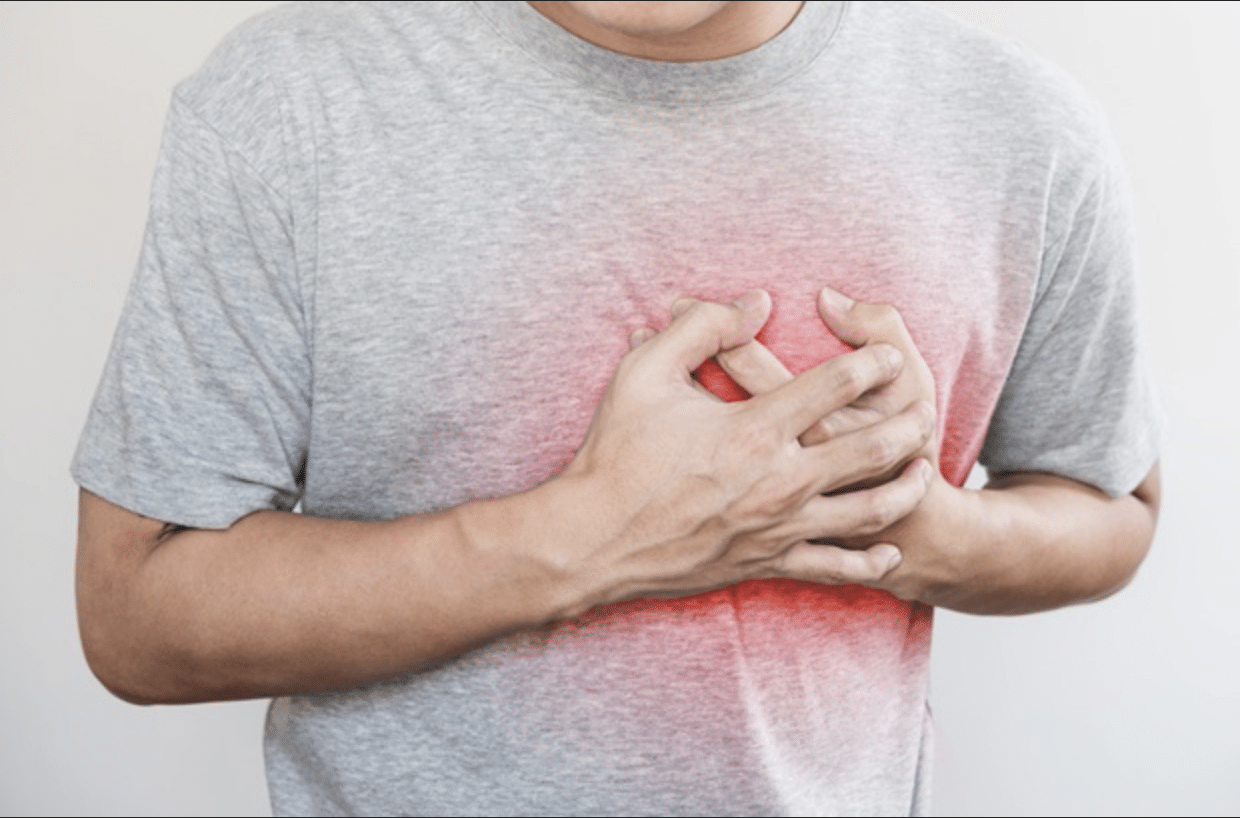Recognizing the Signs: Are You About to Have a Heart Attack?
Introduction: Understanding the Early Warnings
Have you ever felt a sudden tightness in your chest or a shortness of breath that seemed unusual? These could be signs that your body is trying to tell you something important. In this blog post, we will delve into the subtle yet crucial indicators that could signify an impending heart attack. By recognizing these signs early on, you can take proactive steps to safeguard your heart health.
The Silent Killer: Unveiling the Dangers of Ignoring Symptoms
Ignoring warning signs is like turning a blind eye to a ticking time bomb. Heart attacks often strike unexpectedly, but they are rarely entirely without warning. Understanding the signals your body sends can mean the difference between life and death. Let’s explore some of the key indicators that could be signaling trouble ahead.
Section 1: Chest Discomfort – The Classic Red Flag
The Telltale Pressure: Listening to Your Chest
Understanding the Nature of Chest Discomfort
Feeling pressure, tightness, or pain in the chest is one of the hallmark symptoms of a heart attack. This discomfort may come and go or persist over time. It’s crucial not to dismiss any unusual sensations in this area, as they could indicate underlying cardiovascular issues.
Section 2: Shortness of Breath – A Warning from Within
Gasping for Air: The Importance of Breathlessness
Exploring the Link Between Breathing and Heart Health
Experiencing difficulty in breathing, especially during routine activities, should raise concern. Your heart and lungs work hand in hand, and any compromise in their function can manifest as shortness of breath. Don’t brush off persistent breathlessness – it could be your body’s way of signaling cardiac distress.
Section 3: Dizziness and Lightheadedness – Signs of Impending Danger
Spinning Out of Control: Navigating Dizziness
Deciphering the Relationship Between Balance and Heart Health
Feeling dizzy or lightheaded, especially accompanied by other symptoms, can be indicative of compromised blood flow to the brain. Your heart plays a pivotal role in maintaining proper circulation, and any disruptions can lead to these alarming sensations.
Section 4: Nausea and Vomiting – The Body’s Cry for Help
Upset Stomach, Aching Heart: Understanding Nausea
Unraveling the Connection Between Digestion and Heart Health
Experiencing nausea or vomiting, particularly in conjunction with other symptoms, should not be ignored. While these symptoms are often associated with gastrointestinal issues, they can also signal an impending cardiac event. Pay attention to your body’s distress signals – they could be trying to save your life.
Section 5: Sweating Profusely – A Clue to Impending Doom
Breaking a Sweat: Decoding Excessive Perspiration
Exploring the Relationship Between Sweat and Heart Health
Sudden, unexplained sweating, especially when it’s accompanied by chest discomfort or shortness of breath, could indicate a heart attack is imminent. Your body’s stress response kicks into overdrive during cardiac emergencies, leading to profuse sweating as it attempts to regulate temperature and maintain homeostasis.
Section 6: Anxiety and Panic – Listening to Your Mental State
Racing Thoughts, Racing Heart: Understanding Anxiety
Examining the Psychological Impact on Heart Health
Feeling unusually anxious or panicky, even without an apparent trigger, can be your body’s way of alerting you to potential danger. Stress and anxiety can exacerbate underlying cardiovascular issues, making it vital to address both the physical and emotional aspects of heart health.
Conclusion: Taking Action for a Healthy Heart
In conclusion, your body often provides subtle yet critical clues when something isn’t right with your heart. By paying attention to these warning signs and seeking prompt medical attention, you can significantly reduce the risk of a heart attack. Remember, your health is your most valuable asset – listen to your body and take proactive steps to protect it.
Meta Description: Learn to recognize the early warning signs of a heart attack and take proactive steps to safeguard your heart health. Don’t ignore the subtle signals your body sends – they could be lifesaving.
Slug: recognizing-signs-heart-attack
Looking to enhance your website’s SEO and drive more traffic? Check out SyperQuick.site for powerful backlinks and expert support.
